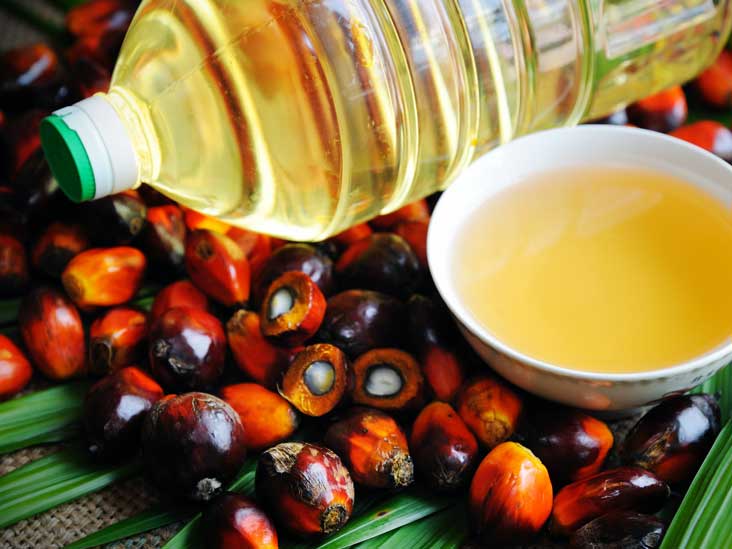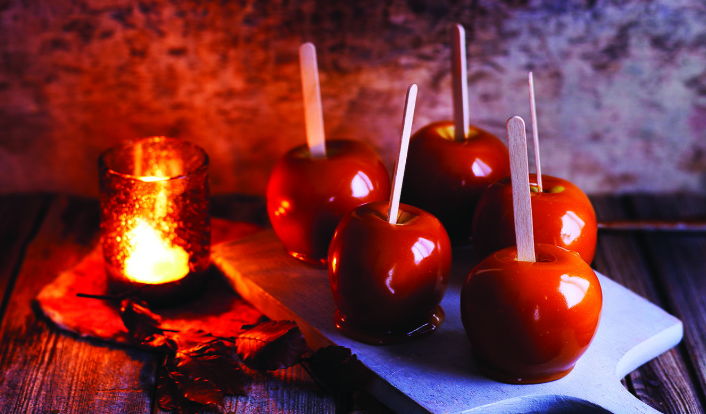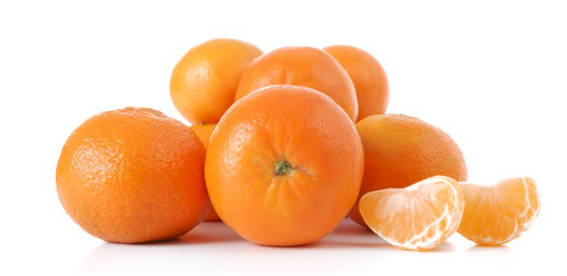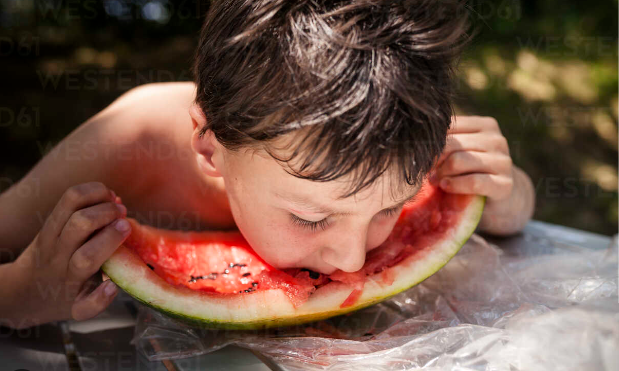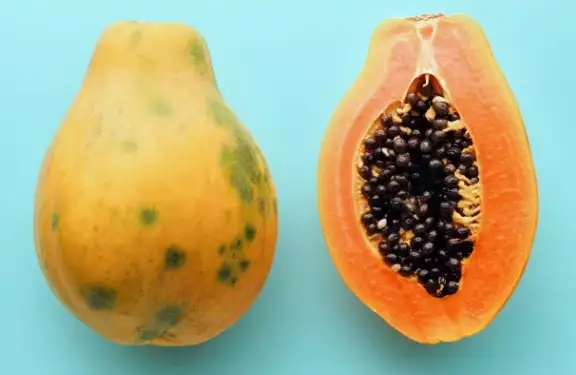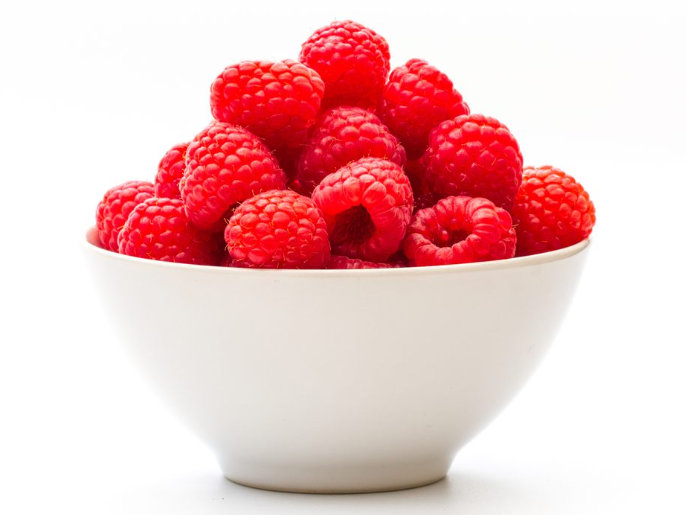Many babies struggle with acne, which shows up as tiny red or white bumps on their skin. While this doesn’t cause harm to the baby, it can be a worry for parents. Thankfully, we can use natural things like coconut oil to help make these bumps go away.
Coconut oil is great for skin. It kills germs and brings down redness and swelling. That’s why it’s good for treating baby acne.
We’re going to talk about how to use coconut oil on your baby’s acne in a safe and good way. If you’re a parent looking for a gentle cure for baby acne, you’re in the right place!
Table of Contents
- Understanding Baby Acne
- What Causes Baby Acne?
- How Long Does Baby Acne Last?
- Signs of Baby Acne
- Why Coconut Oil Works for Baby Acne
- How to Use Coconut Oil for Your Baby’s Acne
- Step 1 – Cleaning
- Step 2 – Heating the Oil
- Step 3 – Applying the Coconut Oil
- Step 4 – Letting the Skin Take in the Oil
- Step 5 – Use regular times
- Step 6 – Look out for bad reactions
- Be Careful When Using Coconut Oil for Baby Acne
- When to Get Help from a Doctor
- Other Home Treatments for Baby Acne
- Ending Thoughts
Understanding Baby Acne
Baby acne is when little red or white bumps appear on a baby’s skin, often on their cheeks, chin, and forehead.
What Causes Baby Acne?
The exact cause of baby acne isn’t known, but it might happen because of the hormones babies get from their moms before they are born. These hormones can make the baby’s oil glands work too much and cause acne.
Babies might also get acne if their family has a history of having acne, if they touch irritating things, or if their skin is very sensitive.
How Long Does Baby Acne Last?
Baby acne usually starts a few weeks after birth and can last for several months. Often, it goes away by itself and doesn’t need any treatment. Sometimes it might take up to six months or longer to clear up.
Signs of Baby Acne
Look for small red or white bumps on your baby’s face, especially the cheeks, chin, and forehead. The skin around these bumps might look red and sore. The bumps usually don’t hurt or itch and won’t leave scars.
Why Coconut Oil Works for Baby Acne
Coconut oil is full of good stuff that can help with baby acne. It has special fats called medium-chain fatty acids, like lauric acid, that can kill the germs causing acne. It also helps lessen redness and makes the skin feel better.
Coconut oil can also be used as a moisturizer, keeping your baby’s skin from getting too dry or flaky. Plus, it’s very gentle and can be used on babies’ soft skin. It might even help stop scars from forming where the acne was.
Here are some ways coconut oil can help treat baby acne:
- Fighting inflammation: Coconut oil can make redness and swelling from acne better because of its anti-inflammatory properties.
- Killing germs: The oil has lauric acid which is really good at killing the germs that cause acne.
- Moisturizing: It’s a good moisturizer, which helps avoid dry and flaky skin that can happen with baby acne.
- Gentle care: Coconut oil doesn’t have harsh chemicals, so it’s safe to use on your baby’s skin and won’t cause an allergic reaction.
Coconut oil is generally safe and good for baby acne, but it might not work for all babies. Some of them might get irritated or allergic to it.
How to Use Coconut Oil for Your Baby’s Acne
Pick the right kind of coconut oil for treating baby acne – it should be organic, virgin, and without anything added. Look for cold-pressed or unrefined oil because it keeps all the good parts that help the skin.
Stay away from any coconut oil that is hydrogenated or partly hydrogenated, as it might not be good for the skin. Choose a brand that other parents and doctors trust. Always read the label to make sure it’s safe to use on babies.
To use coconut oil the right way on your baby’s acne, follow these steps:
Step 1 – Cleaning
Start off by cleaning the area with baby acne using a gentle soap and warm water. Then, dry it gently with a soft towel.
Step 2 – Heating the Oil
Make the coconut oil easy to use by warming it. You can rub it in your hands or put the jar in hot water for a bit.
Step 3 – Applying the Coconut Oil
Put a little coconut oil on your fingers and gently massage it on the baby’s skin with bumps. Make circles with your fingers to help the skin soak it in.
Step 4 – Letting the Skin Take in the Oil
Let the oil stay on your baby’s skin for a bit so it can go in deeper and work its magic.
Before you put clothes on the baby, wait a few minutes. Be sure not to use too much coconut oil, because it might make the skin too oily.
Step 5 – Use regular times
Use coconut oil on the sore spot once or twice a day.
Step 6 – Look out for bad reactions
Keep an eye on the baby’s skin for bad reactions like redness, itchiness, or getting upset. If you see any of these things, stop using the coconut oil and talk to a doctor or try something different.
Be Careful When Using Coconut Oil for Baby Acne
If you want to use coconut immediate medical attention for the baby acne the right way and safely, you must be careful. Here are things you should remember:
- Test on a Small Spot: Before you use coconut oil all over your baby’s skin, try a little bit on a small spot, like the arm or leg. Wait a day to see if anything bad happens like redness, itchiness, or the baby’s skin getting upset.
- Get Good Coconut Oil: Pick a coconut oil that is good quality, organic, and virgin with nothing extra like preservatives or chemicals in it.
- Don’t Use Too Much: Just use a small amount of coconut oil. Using a lot can make the skin too oily and might make the acne worse.
- Check with Your Pediatrician: Always talk to your pediatrician before you try home remedies or buy something from the store for your baby’s skin, especially if your baby has skin problems or allergies.
Coconut oil can help with baby acne if you use it the right way. But remember to try it on a small spot first, choose a good quality oil, use just a little, and talk to your pediatrician before you start.
If you follow these steps, you can help clear up your baby’s acne without hurting their delicate skin.
When to Get Help from a Doctor
Baby acne often isn’t serious and gets better by itself, but sometimes you should get help from a doctor.
These are some times when you should see a doctor:
- Signs of Infection: If the acne looks infected with oozing, pus, redness or if the baby has a fever, you need to see a doctor right away.
- Other Skin Problems: If the baby has another skin issue like eczema or cradle cap along with the acne, a doctor should check it out. These might need their own special treatment.
- Allergic Reactions: If the baby seems allergic to coconut oil or any other home treatment for the acne, see a doctor immediately. Signs of an allergy can be hives, hard breathing, or swelling of the face, lips, or tongue.
In conclusion, baby acne usually isn’t a big deal and goes away on its own, but see a doctor if there’s a sign of infection, if the acne is really bad, if there are other skin issues, or if there’s an allergic reaction.
Other Home Treatments for Baby Acne
Besides coconut oil, there are other home treatments that can help with baby acne. Here are some:
- Breast Milk: Breast milk has natural stuff and antibodies that can fight germs and lessen swelling. Putting a few drops on the sore spot and letting it dry might help make the redness and swelling go down.
- Oatmeal Bath: An oatmeal bath can calm irritated skin and lessen swelling. Make oatmeal into a fine powder and put it in a warm bath. Let the baby sit in it for 10-15 minutes.
- Chamomile: Chamomile has stuff in it that kills bacteria and makes swelling go down. Make some chamomile tea, cool it down, and use a cotton ball to apply it to the sore skin.
- Aloe Vera: Aloe vera is cool and calming. It can make swelling and redness less. Take gel from an aloe vera leaf and put it on the sore spot. Let it dry.
These are just a few home treatments you can try for baby acne. They are usually safe and work well, but you should still be careful when using them.
Ending Thoughts
Coconut oil is a good, natural way to help with baby acne. If you use the steps and advice in this guide, you can treat your baby’s acne gently and avoid strong chemicals or medicine.
Although baby acne often isn’t serious and clears up on its own, coconut oil can help the skin heal and feel better. When using coconut oil, it’s important to test a small spot first, pick a good quality oil, not use too much, and talk to your pediatrician if you need to.
With some extra care, you can keep your baby’s skin healthy and clear!



